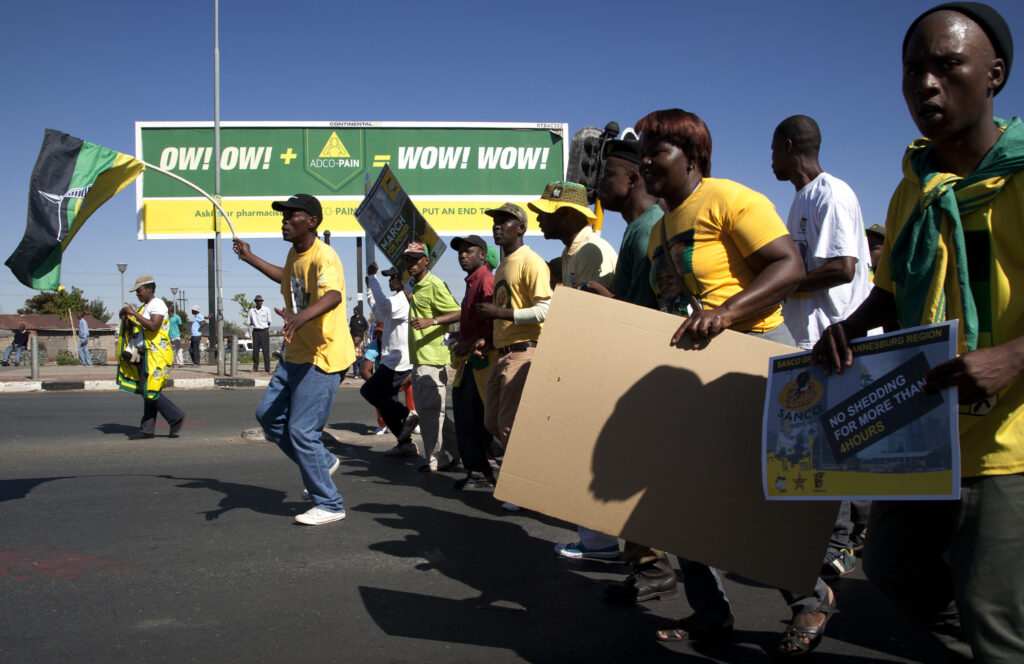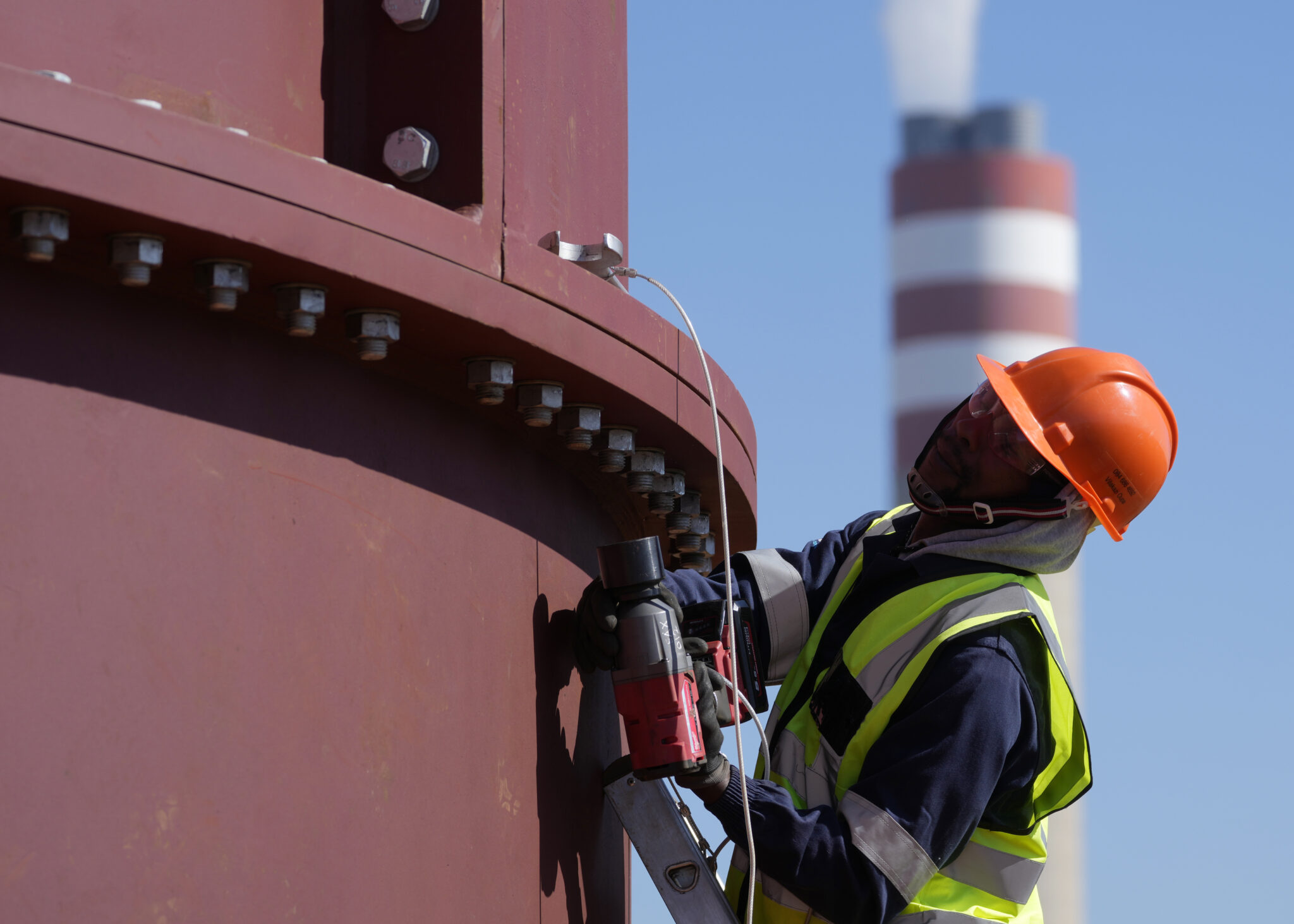Germany is reading to help fund South Africa’s energy project worth 390 billion rand ($22 billion) and designed to connect more solar and wind power projects to the national grid. The cost may be enormous, but Western leaders want to meet climate change goals and fix South Africa’s disastrous energy situation, which has led to rolling blackouts in the “rainbow nation” for well over a decade.
Some of the money has already flowed to South Africa. For example, last year, €500 million from German taxpayers was sent to South Africa through the KfW Development Bank. The money is “intended to create new jobs and, in the long term, to build a competitive and transparent electricity market through private investment.”

At the 2021 UN Climate Change Conference in Glasgow, South Africa agreed with wealthier countries, including France, Germany, Great Britain, the U.S., and the EU commission, to implement the Just Energy Transition Partnership (JETP). The goal is to phase out coal in South Africa to accelerate and implement renewable energy programs. Germany is now gearing up to support the project with billions of euros, according to Bloomberg.
Critics point out that South Africa, and the country’s state electricity utility, Eskom, are rife with corruption. For example, according to Table Briefings, German energy experts filed a report on Eskom’s power plant in March of this year, noting they were in “disastrous” condition. The state company, which owns 14 power plants in South Africa, was in a “desolate” state, according to the independent report from VGBE Energy, which is a consortium of independent German energy companies based out of Essen. They noted “inadequate maintenance of the power plants, underqualified employees, and low morale.”
The massive amount of funding for South Africa from German taxpayers comes at a time when Germans are dealing with inflation, pension cuts, a housing and education crisis, and companies shutting down or leaving the country over unaffordable energy prices.
Furthermore, due to South Africa’s astronomical levels of corruption, there are questions about where the money will actually end up. German newspaper Taggespiegel wrote about Eskom, which supplies about 95 percent of power in South Africa, already in 2022:
“At the heart of the energy crisis is the state-owned electricity provider Eskom, which supplies almost the entire country with energy and whose power plants are in poor condition In addition, corruption is the order of the day, and the power grid is on the verge of collapse,” the paper wrote.
“Several times a day in South Africa the lights go out for hours – refrigerators shut down, traffic lights are switched off causing chaos on the streets, and people shop in the dark.”
The paper noted the “golden age” of Eskom ended in the 1990s, right around the same time apartheid ended in the country. Under Black rule, the country has sunken into chaos.
“However, since the turn of the millennium, Eskom has been sinking deeper and deeper into debt and would be practically bankrupt without a state bailout. Corruption, mismanagement and constantly rising prices — these are the accusations,” the paper noted back in 2022.
In fact, the problem just keeps getting worse, with 2022 seeing a record amount of power outages. In 2015, South Africa went without electricity for a total of 836 hours, while in 2022, it reached 3,085 hours.
What may be equally concerning for German taxpayers is the rampant corruption within Eskom, with Tagesspiegel noting that the “company has sunk deeper and deeper into corruption over the past 20 years.” The former boss of Eskom, Matshela Koko, stole €2 million from the construction process of the Kusile Power Station, while coal, diesel and money are disappearing everywhere. The government set up a tip line to stop corruption but little was accomplished.
One expert who wished to remain anonymous told Tagesspiegel, “Eskom is completely chaotic. People there are expected to come to work every day, but not to do their jobs.”

Even if reforms are made to Eskom, whatever new players or private operators emerge, given South Africa’s track record, they too can expect to be corrupt entities if the past is any guide.
The government itself has been accused of enriching itself from Eskom and failing to even appoint important board members and directors. In some cases, certain towns and districts simply refuse to pay Eskom. Soweto in Johannesburg owes Eskom €250 million, “but the government is not intervening out of self-interest because its electoral base is in Soweto.”






